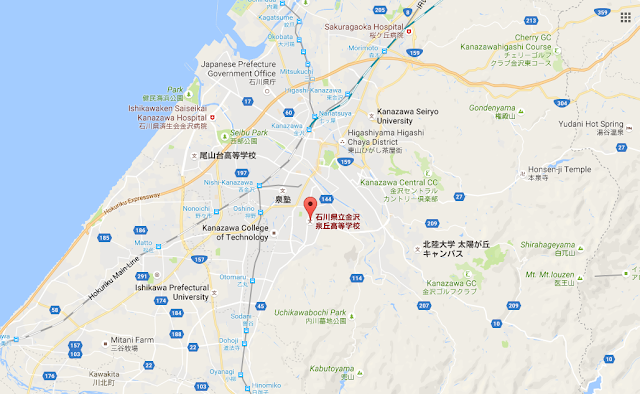My goals for this years were simply put:
1. Speak like a native in terms of fluency of tone, speed of conversation, as well as plenty of confidence.
2. Improve my handwriting.
3. Be able to get around in Japan.
I am halfway through this semester, and so it is important to evaluate my progress.
1. Even though this may sound overly ambitious, the point here isn't that I become a native. But rather, as I have put it above, the point is to simply speak as if I am very comfortable with the language. Considering I still have about 6 weeks to realize this goal, I think I am on the right track. My PE exercises have been getting good feedback, and my speaking feels more and more natural. I have not found enough time to listen to Japanese via other mediums outside of class, however, so I will need to find time to do that.
2. My handwriting improved a lot. It is actually already much prettier than my Korean, so I am happy with my progress. My Chinese is still prettier, though, but I think I can change that by the end of the semester. Maybe then I should work on the other languages. It is important to have good handwriting!
3. I am planning to study abroad in Japan this summer, therefore this is especially important to me. I have never been there and so I want to make sure that when I finally find the chance to, it will be an experience where I can get the absolute most out of it. One small additional effort that I am attempting is to skip out of year one 2nd semester + year two 1st semester, that way I enter spring semester as a second year student. This, however, will be difficult, and so I am just trying my best. I am making good progress, though.
Here's to another 楽しい 6 weeks!












